Tri-Amino IV and IM Injection
Amino Acid Blend (Tri-Amino) Injection - Information
Written by: Taylor J. Graber MD
Updated: October 22nd 2022
Main Source of Information: Empower
The ASAP IVs Tri-Amino injection contains the Amino Acids Arginine, Ornithine, and Citruline, and can be offered as an intravenous or intramuscular supplement.
Overview of Tri-Amino Injection
General Information
Tri-Amino injection is a combination of three conditional, non-essential amino acids, L-arginine, L-citrulline and L-ornithine, that can play a critical role in:
Cardiovascular health
Vasodilation (blood flow)
Erectile function
General health and longevity
Amino acids are separated into three categories: essential, nonessential, and conditional (1).
Essential Amino Acids: Essential amino acids are the amino acids that are present in foods – since the body cannot produce them endogenously.
Nine out of the twenty amino acids necessary for health are essential, but adults need get only eight of them from dietary sources: valine, isoleucine, leucine, lysine, methionine, phenylalanine, threonine and tryptophan. The 9th amino acid is histidine and it is only essential in infants. The body cannot store amino acids, so a regular daily supply of these essential building blocks of protein is needed (1).
Non-essential and Conditional Amino Acids: Nonessential is a misnomer because these amino acids do fill essential roles. They are considered non-essential because the body can synthesize them, not because they are not essential to health (2).
Of these eleven non-essential amino acids, eight are referred to as conditional amino acids because when the body is ill or under stress, it may not be capable of producing enough of these amino acids to meet its needs (2).
The conditional amino acids include; arginine, ornithine, glutamine, tyrosine, cysteine, glycine, proline, and serine.
Amino acids can be used by the body to produce energy, but their primary function is to build proteins. Certain amino acids may also fill non-protein-building functions; such as in the formation of neurotransmitters or hormones (3).
Each of the body’s twenty amino acids has a unique chemical structure that dictates how they’ll be utilized. A protein will consist of fifty to two-thousand different amino acids that are linked together in a particular sequence according to specific (genetic) instructions.
Contraindications/Precautions
The amino acids in Tri-Amino Injection may affect how certain drugs work in the body. Don’t take this supplement if you are using nitrates to treat heart disease, any type of medicine for hypertension or ED drugs like sildenafil, tadalafil or vardenafil (4)
The combination of Tri-Amino Injection with these drugs could result in a dangerous drop in blood pressure (4).
Storage
Store this medication at 68°F to 77°F (20°C to 25°C) and away from heat, moisture and light. Keep all medicine out of the reach of children. Throw away any unused medicine after the beyond-use date. Do not flush unused medications or pour down a sink or drain.
References
Peter J. Reeds. Dispensable and Indispensable Amino Acids for Humans. J Nutr. 2000 Jul;130(7):1835S-40S.
Yarandi, Shadi S. et al. “Amino Acid Composition in Parenteral Nutrition: What Is the Evidence?” Current opinion in clinical nutrition and metabolic care 14.1 (2011): 75–82. PMC. Web. 29 Sept. 2017.
Wu G. Amino acids: metabolism, functions, and nutrition. Amino Acids. 2009 May;37(1):1-17. doi: 10.1007/s00726-009-0269-0. Epub 2009 Mar 20.
http://www.mayoclinic.org/drugs-supplements/arginine/interactions/hrb-20058733

